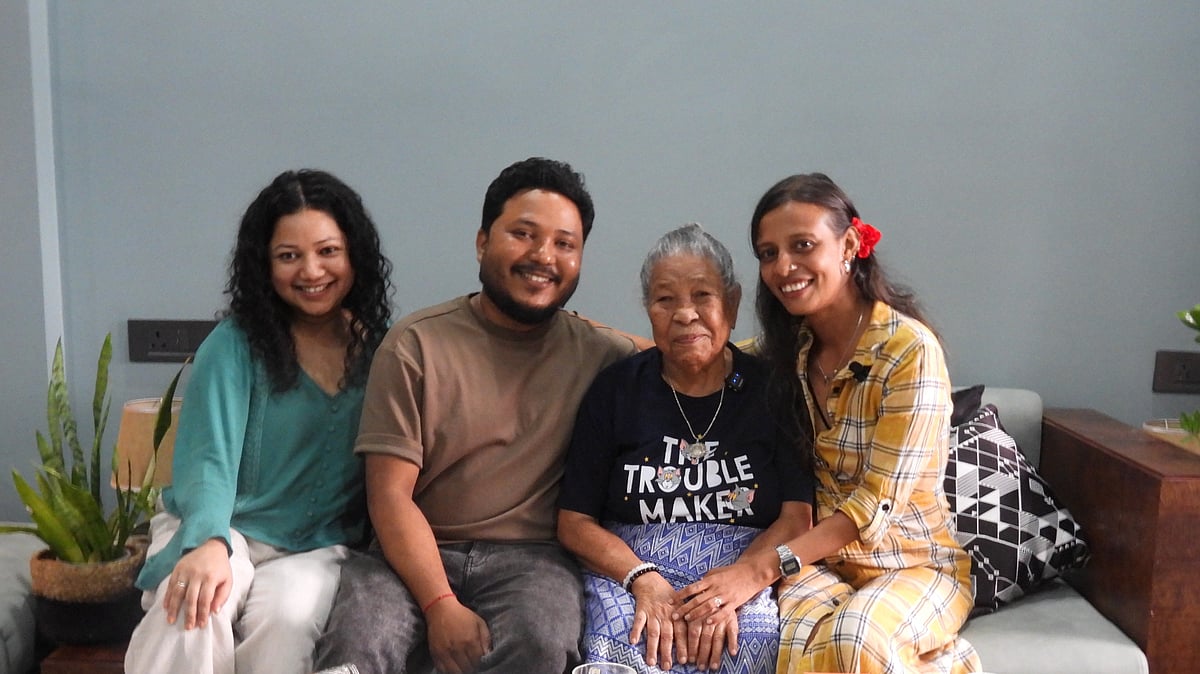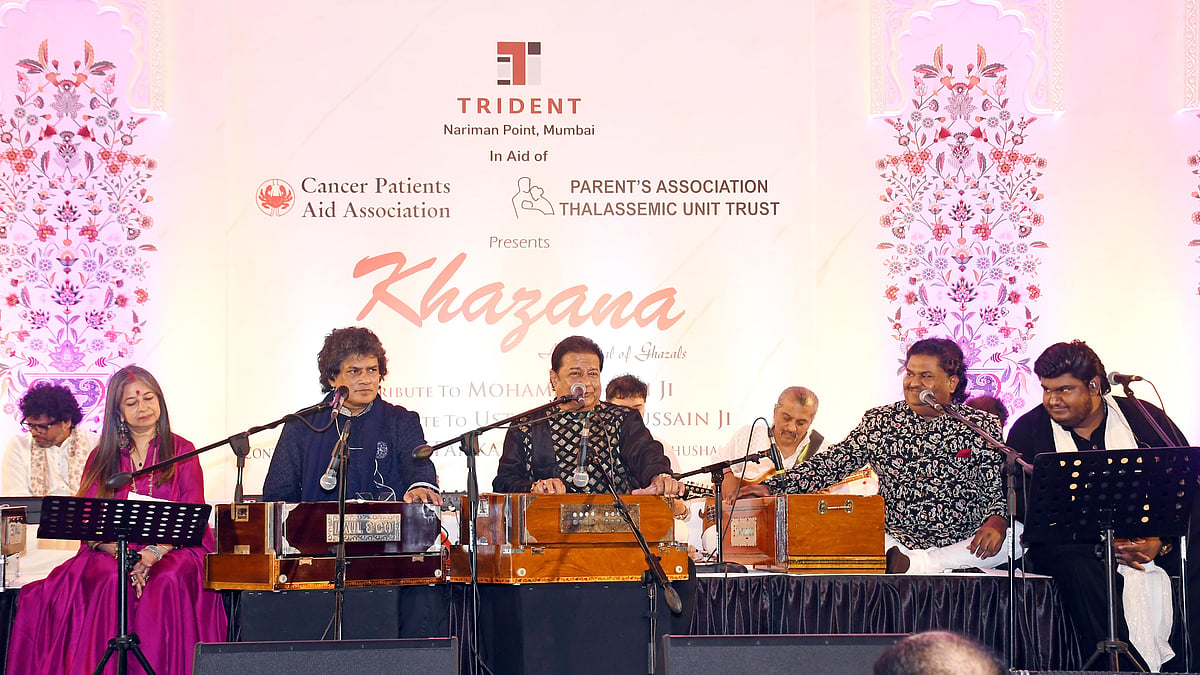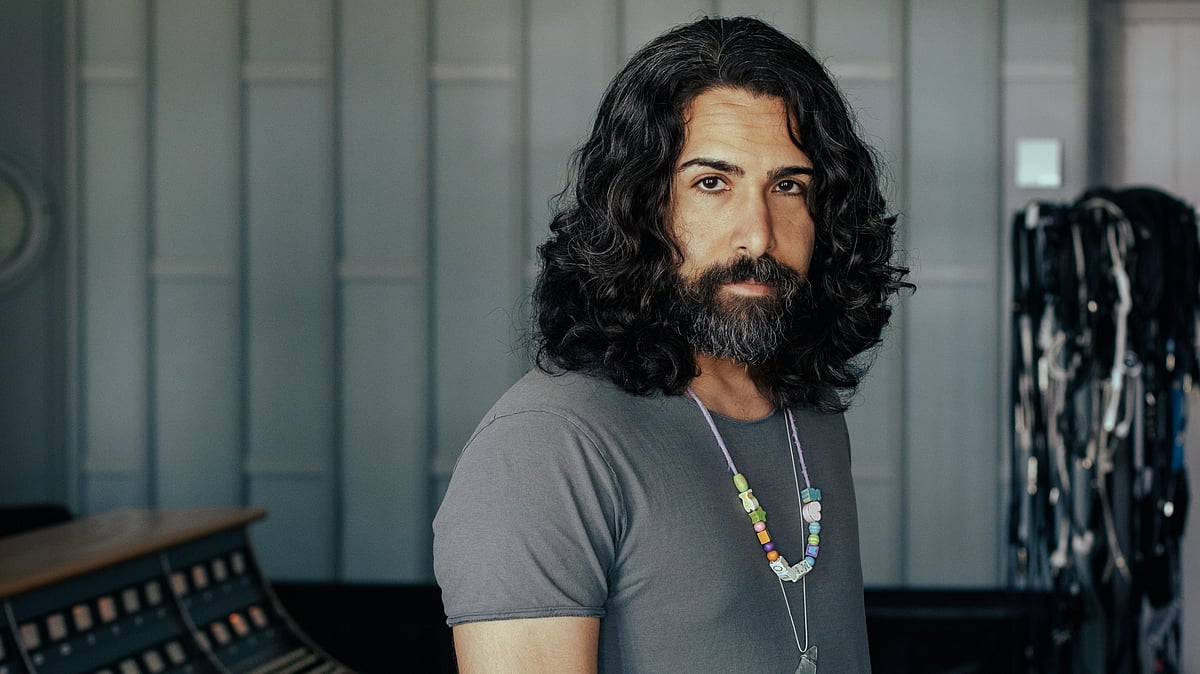Acceptance, not just to one’s own self but also by parents, friends, and family is the key for everyone belonging to the LGBTQIA+ community,” says Sharif Rangnekar, journalist and author of the book Queersapien that offers a queer eye on society.
It was way back in 1999, when talk on sex was still taboo that Sharif discovered his identity as a gay man. “This was a time when there were no reference points and information available on homosexuality was limited and often hateful,” he recalls. But he took the plunge – and came out first to his own self and then to two journalist friends, followed by his mother. “After this, I did have it easy as I was accepted by all of them.”
But not everyone is that fortunate. Ankita Sharma, a 30-year-old data analyst, often lies awake till late wondering how long she will have to ‘stay in the closet’. “Girls have it tougher,” she feels, thinking of her conservative Dehradun-based parents who will not accept the fact that their daughter is lesbian. “They come from a world inhabited by ‘straights’. People with different sexual orientations do not find a place there,” adds Ankita.
Although she once even took her partner Thanvi home to meet them, her parents “refused to take the hint — and took her to be a close girlfriend. My mother even asked Thanvi to convince me to get married soon,” smiles Ankita wryly.

Despite growing awareness about the LGBTQIA+ community that goes on an upswing, particularly in June (also referred to as ‘Pride Month’), “It’s still an uphill task for girls like me”, adds Ankita.
For the uninitiated, June sees a variety of celebrations and meetings dedicated to the LGBTQIA+ culture. The month sees parades, protests, drag parties, celebrations by members, and even meetings in memory of those lost to hate crimes or HIV/AIDS, organized in many cities.
Many members of the LGBTQIA+ community feel apprehensive not just about coming out to their parents and extended families, but also to those in the public arena. Sharif remembers hiding his sexuality “out of fear of being found out, of homophobia, and of losing my only secure space of work”.
It was his mother’s response, however, “even though she didn't really know what homosexuality was or what it was to be gay at that time”, that gave him hope and strength. “There was a lovely innocence in her response that was filled with love.” And what followed was a shared journey — of learning, and opening their home to a variety of Sharif's queer friends.
However, he does confess that his mother had her share of worrying moments — about how people will react to Sharif. “We also had some major arguments but her concern was always my safety,” he adds.

For almost seven long years, Vishwa Srivastava — after he came out to himself — remembers facing sneers, and feelings of anxiety, guilt, and loneliness “because I felt ostracised due to my different sexual orientation.” Sensing all this, over a period of time, his mother, Priti Srivastava, one day sat him down and asked him if he was gay.
When Vishwa answered in the affirmative, “what followed were moments of absolute silence. And then suddenly, my mother smiled and said she had sensed this all along. Although she did reprimand me for not telling her earlier and suffering all alone, my father, being the practical guy that he is, also gave me his full support and acceptance,” smiles Vishwa, 36, who works in the education sector.
And since then, Vishwa’s “superwoman of a mother” has been the pillar of strength in his and his partner Vivek Kishore’s life. “She’s ensured that everyone in the extended family accepts both of us as well.”
Seeing their love for each other, she’s the one who suggested Vishwa and Vivek get married. “My mother was very clear that there must be acceptance of our relationship not just in front of our families but also God.” So, a “beautiful ceremony was organized with the pujari conducting the rituals complete with gender-neutral vows,” he smiles.
This is the kind of support that parents need to give their LGBTQIA+ children, says Mumbai-based Aruna Desai. “I, as a mother, had sensed that my son Abhishek, then 17, was gay. And when he said he was, I made it clear that he had his parents’ full support.”
After discovering their different sexual preferences, a number of youngsters, says Aruna, worry about their parents' and society’s reactions. And often spend years wondering if they should share anything about it with them at all. “This is where parents need to be perceptive, and sensitive enough to give their child complete support and help them out of such situations,” she adds.
Her very vocal and open support to LGBTQIA+ kids makes many other parents come to her for advice. And through her group Sweekar that she has formed on social media platforms, she offers support to parents of the LGBTQIA+ community from the world over. “What we insist upon is that acceptance needs to start from home. Parents need to understand that just as they accept all other characteristics and behaviors of their child, they must accept the fact that their child has a different sexual preference too.”
Parental rejection can often have a negative impact on the child, scarring him or her for life, says clinical psychiatrist Dr Sanjay Chugh. “When a child comes out to its parents, we've seen reactions varying from anger, anxiety, irritability, outright rejection to calm, compassionate acceptance.”
In cases of the former, there have been instances of the youngster attempting suicide, taking to drugs or becoming depressed, etc. “Right from its birth, parents want the best for their child. By rejecting it for being gay, they're condemning it to a lifetime of negativity, uncertainty, and unhappiness. Parents must remember that their initial goals of seeing their child happy, content, and fulfilled must remain the way they are. After all, they love their child for what he or she is and not for what he or she becomes,” concludes Dr Chugh.













